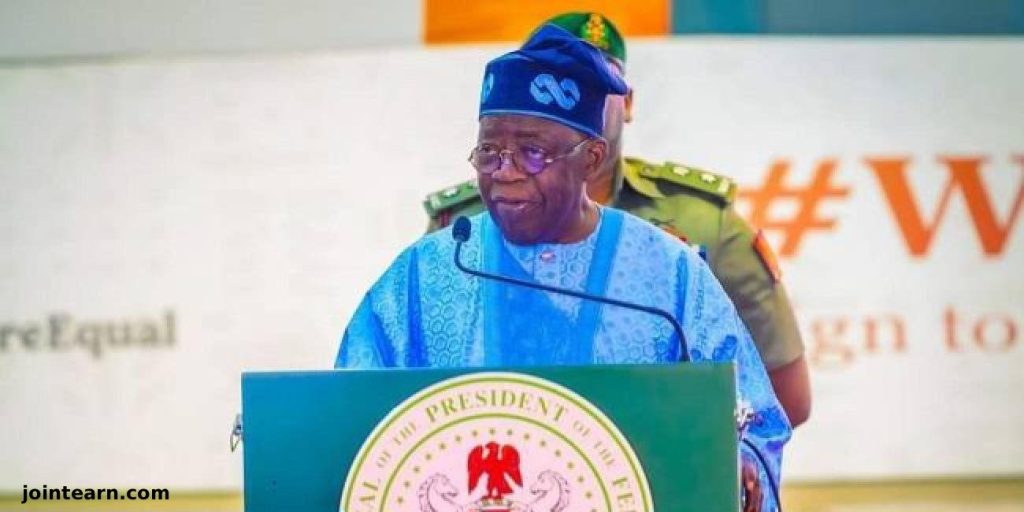
President Bola Ahmed Tinubu has approved the appointment of Abubakar Yusuf as a Commissioner representing Kano State in the Nigerian Electricity Regulatory Commission (NERC) — a decision that has drawn sharp criticism within the power sector.
The controversy stems from reports that Yusuf had previously failed a mandatory competency interview conducted by the Commission, raising questions about the basis of his appointment.
According to multiple sources familiar with the matter who spoke with SaharaReporters, Yusuf had earlier appeared before NERC’s Know-Your-Licensee (KYL) panel — an interview designed to assess candidates’ technical knowledge, regulatory competence, and leadership ability in the electricity industry.
The panel, chaired by the NERC leadership, reportedly found Yusuf “incompetent” after he struggled to answer key questions on tariff methodology, consumer protection, regulatory frameworks, and energy distribution strategies.
“The NERC Chairman and Commissioners found him incompetent to occupy the role, as he was unable to adequately respond to the questions posed by the regulatory panel,” one insider disclosed.
Despite this assessment, the Tinubu administration has now appointed Yusuf as a Commissioner — one of the most strategic decision-making positions within the nation’s power regulatory body.
Appointment Sparks Criticism
Industry insiders have described the move as politically motivated, suggesting that the decision prioritises regional political alliances over technical merit.
“It is deeply disheartening to observe that the current administration appears to have little interest in the growth and development of Nigeria,” another source said.
“Yusuf failed the NERC Know-Your-Licensee interview for the position of Managing Director of the Kano Electricity Distribution Company. Yet, the same individual has now been nominated to serve as a Commissioner in the very organisation that deemed him unqualified — reportedly to secure political support from Kano ahead of the 2027 elections.”
Critics argue that such appointments undermine the integrity of regulatory institutions and erode confidence in Nigeria’s commitment to merit-based governance.
“If this is the standard for public appointments, then Nigeria’s future is indeed at risk,” the source added.
Power Sector Under Strain
The controversy comes at a time when Nigeria’s power industry is facing severe operational and financial challenges. Several electricity distribution companies (DisCos) are struggling with revenue shortfalls, inefficiencies, and mounting debts.
Earlier this week, the Abuja Electricity Distribution Company (AEDC) laid off about 800 employees as part of an internal restructuring exercise — one of the largest job cuts in the sector in recent years.
Industry analysts warn that the combination of politicised appointments and operational instability could worsen the already fragile electricity supply system and delay ongoing reforms in the energy sector.


Leave a Reply